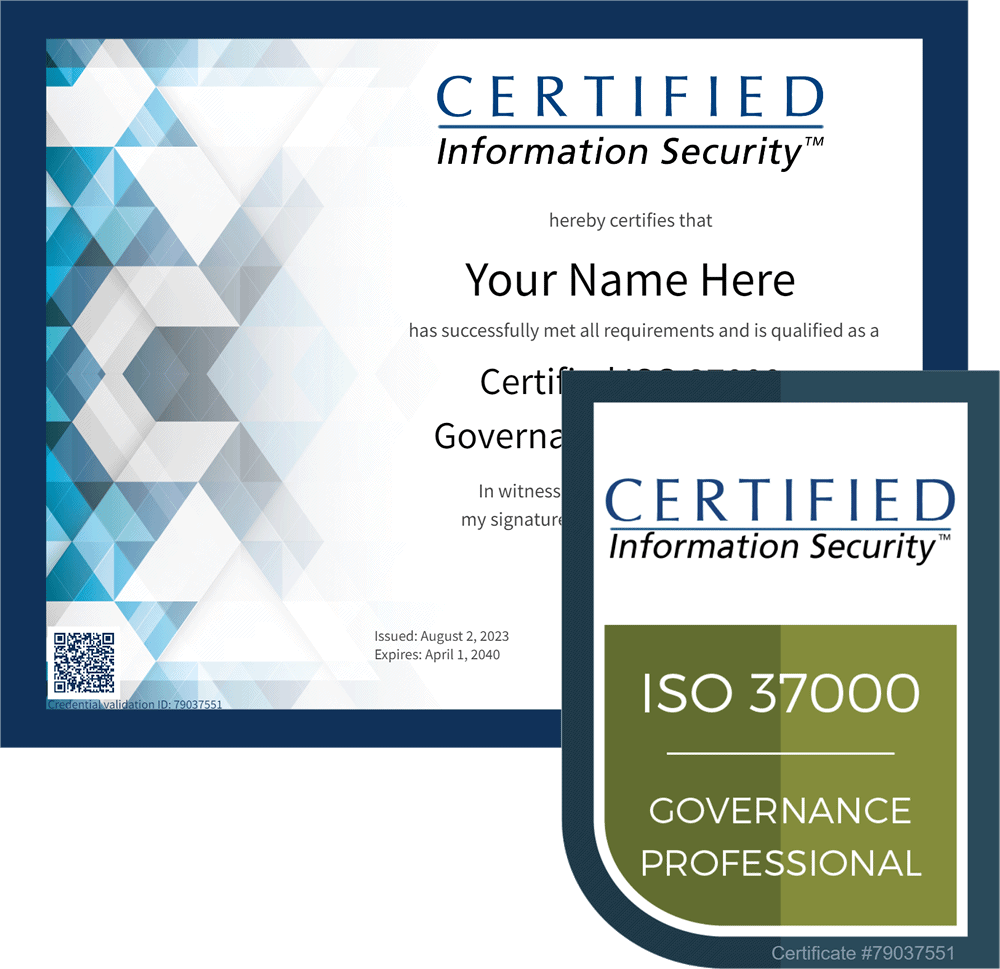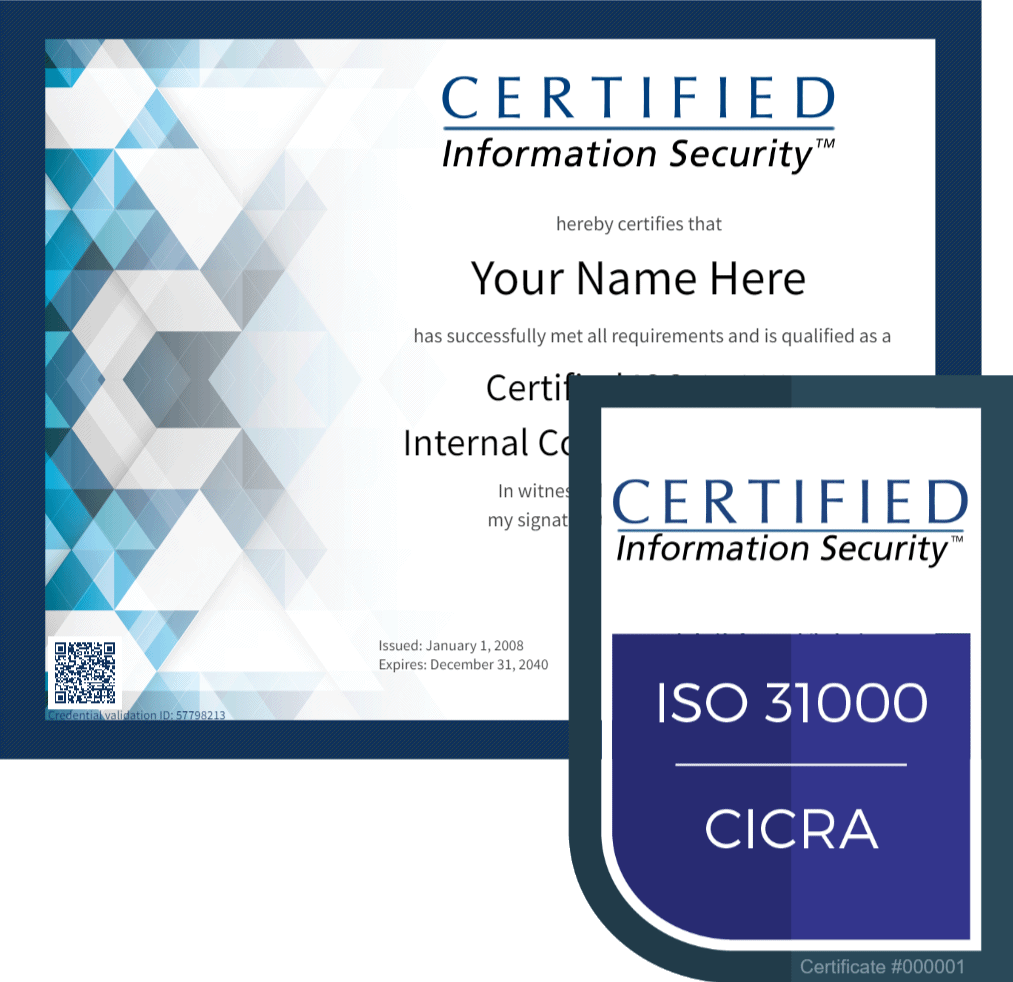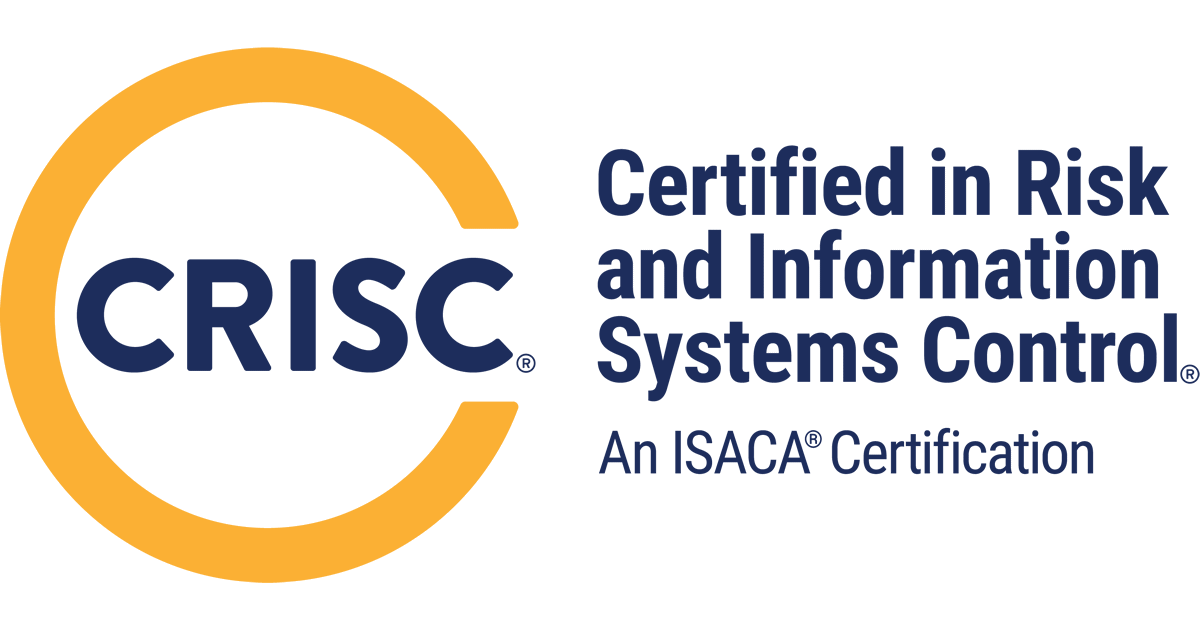Is your organization complying with newly emerging anti-bribery and anti-corruption laws
such as the US Foreign Corrupt Practices Act (FCPA), the UK Bribery Act,
the Corruption of Foreign Public Officials Act in Canada, the General Law of Administrative Accountability
and Model Program for Corporation Integrity in Mexico,
and several others in Russia, France, Germany, China, and Brazil?
The business case for a formal Anti-Bribery Management System (ABMS)
 As business becomes more globalized, organizations are faced with new challenges and opportunities. Part of this new environment is compliance with newly emerging anti-bribery and anti-corruption laws, such as the US Foreign Corrupt Practices Act (FCPA), the UK Bribery Act, the Corruption of Foreign Public Officials Act in Canada, the General Law of Administrative Accountability and Model Program for Corporation Integrity in Mexico, and several others in Russia, France, Germany, China, and Brazil just to name a few.
As business becomes more globalized, organizations are faced with new challenges and opportunities. Part of this new environment is compliance with newly emerging anti-bribery and anti-corruption laws, such as the US Foreign Corrupt Practices Act (FCPA), the UK Bribery Act, the Corruption of Foreign Public Officials Act in Canada, the General Law of Administrative Accountability and Model Program for Corporation Integrity in Mexico, and several others in Russia, France, Germany, China, and Brazil just to name a few.
International development and enforcement of new bribery and corruption (ABC) laws and guidelines is not an ad-hoc coincidence. As of May 2020, 44 countries have committed to implementing the recommendations and requirements of the OECD Anti-Bribery Convention. 187 Countries have committed to the United Nations' Convention against Corruption. This means that adoption and rigorous enforcement of anti-bribery and anti-corruption programs and best practices is already well-established, and is growing stronger by the day.
To ensure that bribery and corruption are minimized, a common requirement of these laws is for an organization to establish and maintain a formal bribery and corruption (ABC) management program (system). Failure to establish such a system puts public and private sector organizations and their employees at risk of incurring severe fines or even criminal prosecution. Today, a formal ABC compliance program is simply a mandatory requirement for all organizations, public or private. In fact, many organizations no longer purchase from a vendor, supplier, or contractor that doesn't have evidence of a formal Anti-Bribery Management System (ABMS) fulfilling local, national, and even international ABC compliance requirements.
Strict enforcement of UK's Bribery Act of 2010 (examples here) is now in the news quite frequently, so it is also natural that any UK organization, citizen, or even UK resident will be particularly sensitive to the need to show due diligence in having an ABMS to prevent, detect, and correct bribery and corruption. Not a UK organization or citizen? You might need to comply with UK's bribery Act anyway. If your organization buys from or provides products or services to any UK organizations or citizens anywhere in the world, expect to be required to show evidence of your own organization's ABMS to continue business with these UK organizations and citizens since they need to prove that the scope of their own ABMS includes their vendors and customers - everywhere they do business.
Country by country, anti-bribery and anti-corruption laws and related enforcement is growing rapidly and more severely. If your organization wants to continue to conduct business in this new era necessitating proof of compliance with existing and emerging regulatory and legislative anti-bribery requirements, it should invest in developing and maintaining an ISO 37001-certified anti-bribery management program. The alternative is losing B2B business, or even potentially paying huge fines and penalties for failing to practice anti-bribery and anti-corruption due diligence.
The standard for an Anti-Bribery Management System (ABMS) - ISO 37001
While organizations critically need to prove due diligence in preventing, detecting, and correcting bribery and corruption, the dilemma is that there has not been a universally-recognized standard of exactly what a sufficient ABC program would entail. Until now. With the ISO 37001 standard, "Anti-bribery management systems - Requirements with guidance for use," there is now an internationally recognized set of best practices to prevent and detect bribery. Moreover, these best practices are auditable and can be ISO certified. The standard is designed for use in both public-sector and private-sector organizations. Even if your organization already has an ABC program, it should immediately perform an audit against the new ISO standard to ensure that all details are addressed and compliant. After all, ISO 37001 will likely determine the minimum of what your organization's customers, regulators, and suppliers will expect of your program.
Even if you feel your ABM program covers all of the new ISO requirements, and can claim such as fact, how do you prove it to your organization's stakeholders? Going through a fresh review/audit every time someone asks? A better alternative is having your organization's ABMS certified to ISO 37001 so it can easily provide third-party assurance of its ABC program. ISO 37001 certification is granted to an organization who meets, or goes beyond, the minimum requirements set forth in ISO 37001.
Where to go from here - the roadmap
- Get a better understanding of your organization's business and legal requirements for having an ABMS.
- Get your team trained to design and implement an ISO 37001-conforming ABMS.
















